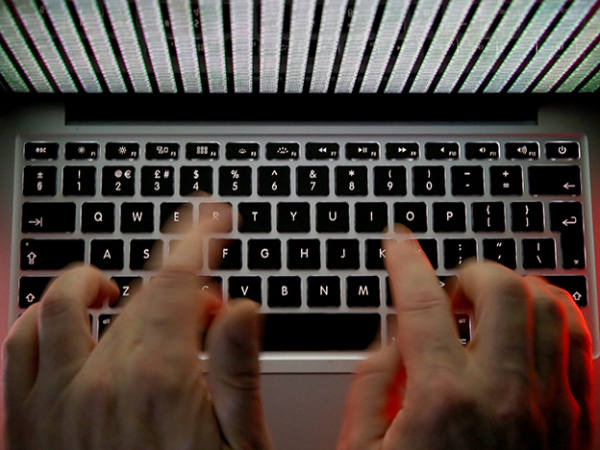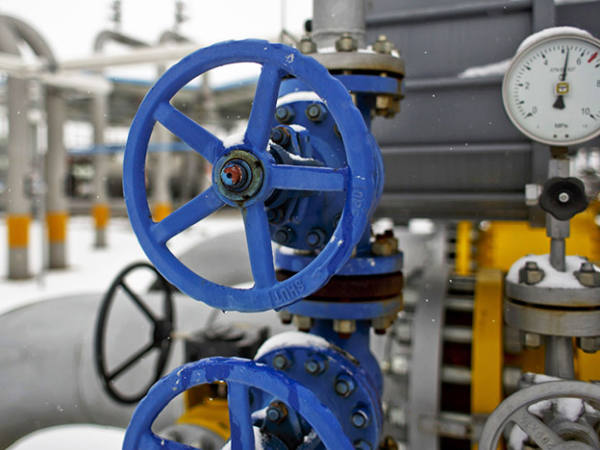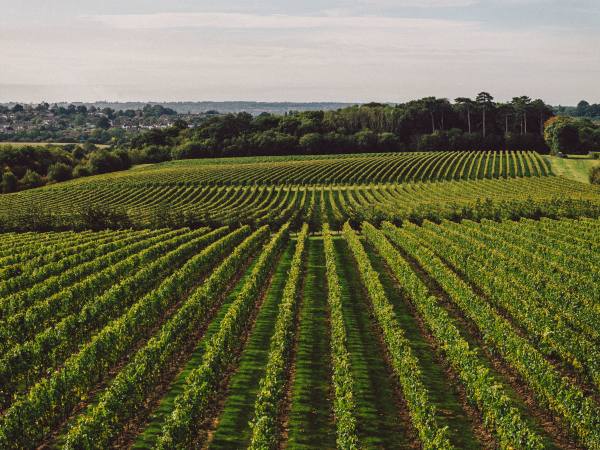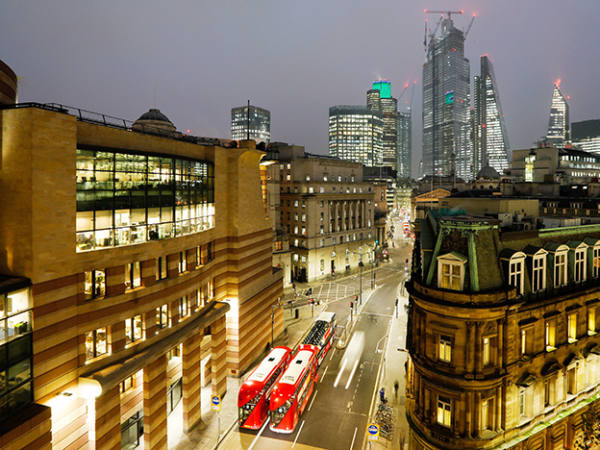- Full-year dividend returns
- Adjusted cash profit up slightly thanks to cost-cutting programme
BT (BT.A) is battling admirably given all the forces conspiring against it. When the telecoms company set out on its mission to upgrade the UK’s WiFi network through its Openreach division, Brexit, the Covid-19 pandemic and war in Europe would not have been factored into its calculations. Openreach's struggles have been compounded by these geopolitical events now they are driving up inflation and interest rates while diminishing UK consumers’ spending power.
For a company that had £5.3bn of capital expenditure (capex) for the full year, inflating raw material and labour costs are not helpful. And the outlay was up 25 per cent from the prior year. Excluding spectrum, capex increased 14 per cent to £4.8bn. Management is expecting it to rise around 2 per cent next year, which seems optimistic given the continued inflationary pressures.
When increased capex is combined with rising costs to finance its debt pile, it is particularly difficult to grow free cash flow. Net debt excluding lease liabilities was £12.2bn, £0.6bn higher than FY 2021. Interest paid fell slightly to £755mn from £770mn, but when debt needs to be refinanced this cost is likely to rise. Overall, normalised free cash flow dropped 5 per cent to £1.39bn, although this was above consensus expectation of £1.2bn.
There is a clear silver lining from rising interest rates and the Covid-19 pandemic: the pension deficit. The deficit has fallen from £5.1bn to £1.1bn due to “an increase in the real discount rate, £1.1bn of deficit contributions paid over the period and lower assumed future life expectancies due to an allowance for the impact of the Covid-19 pandemic”. Asset returns were also up slightly, although it is tricky to keep them moving in the right direction while the discount rate falls, given equity and bond prices are generally negatively correlated with interest rates.
While pension deficits are calculated with a big pinch of financial alchemy, there is some tangible good news from these results. Adjusted cash profit (Ebitda) increased2 per cent thanks to increased revenue from Openreach and improved cost savings from “modernisation programmes, tight cost management and lower indirect commissions”.
The modernisation programme includes increased automation, artificial intelligence to manage customers and a new customer chatbot called Aimee. To further trim costs, BT has also just announced a joint venture with Warner Bros Discovery. This new partnership will bring together BT Sport and Eurosport UK, decreasing the proportional costs needed to secure highly expensive TV rights. In the past two years, BT has delivered annualised cost savings of £1.5bn. Management has now brought forward its £2bn annualised cost-saving target to 2024 and raised its 2025 target to £2.5bn.
The 1 per cent increase in consumer revenues in the fourth quarter will ease concerns that the cost of living crisis would pressure people to lower their broadband spending. However, it will be harder to push through price rises when increasing portions of people’s budgets are being spent on gas and electricity.
The enterprise and global divisions both saw sales fall 5 and 10 per cent, respectively – and show little signs of growth – so the mid-term prospects for BT really depend on how much it can squeeze out of its UK retail customers and the returns it can generate from Openreach. Openreach has just signed a channel supply deal with Sky, which will extend beyond 2030.
Brokers aren’t optimistic about the prospect of accelerating growth anytime soon. The FactSet consensus sales forecast for 2024 is £21.6bn, just a 3 per cent increase. The long-term free cash flow prospects do look more enticing as capital expenditure falls back. In 2027, broker consensus guides for £1.95bn of free cash flow, which gives an enticing free cash flow yield of 11 per cent.
It will take some patience, but with a forward price/earnings ratio of 8.5 there is value here if you can keep the faith. Until then, the board has brought back the full-year dividend to keep investors sweet. Buy.
Last IC View: Buy, 165p, 25 Nov 2021
| BT GROUP (BT) | ||||
| ORD PRICE: | 182p | MARKET VALUE: | £18.1bn | |
| TOUCH: | 181.6-181.8p | 12-MONTH HIGH: | 207p | LOW: 135p |
| DIVIDEND YIELD: | 4.2% | PE RATIO: | 14 | |
| NET ASSET VALUE: | 154p | NET DEBT: | £21.2bn | |
| Year to 31 Mar | Turnover (£bn) | Pre-tax profit (£mn) | Earnings per share (p) | Dividend per share (p) |
| 2018 | 23.7 | 2.62 | 20.5 | 15.4 |
| 2019 | 23.4 | 2.67 | 21.8 | 15.4 |
| 2020 | 22.9 | 2.35 | 17.5 | 4.6 |
| 2021 | 21.3 | 1.80 | 14.8 | nil |
| 2022 | 20.9 | 1.96 | 12.9 | 7.7 |
| % change | -2 | +9 | -13 | – |
| Ex-div: | 4 Aug | |||
| Payment: | 12 Sep | |||
| *Includes intangible assets of £13.8bn, or 139p a share. | ||||








